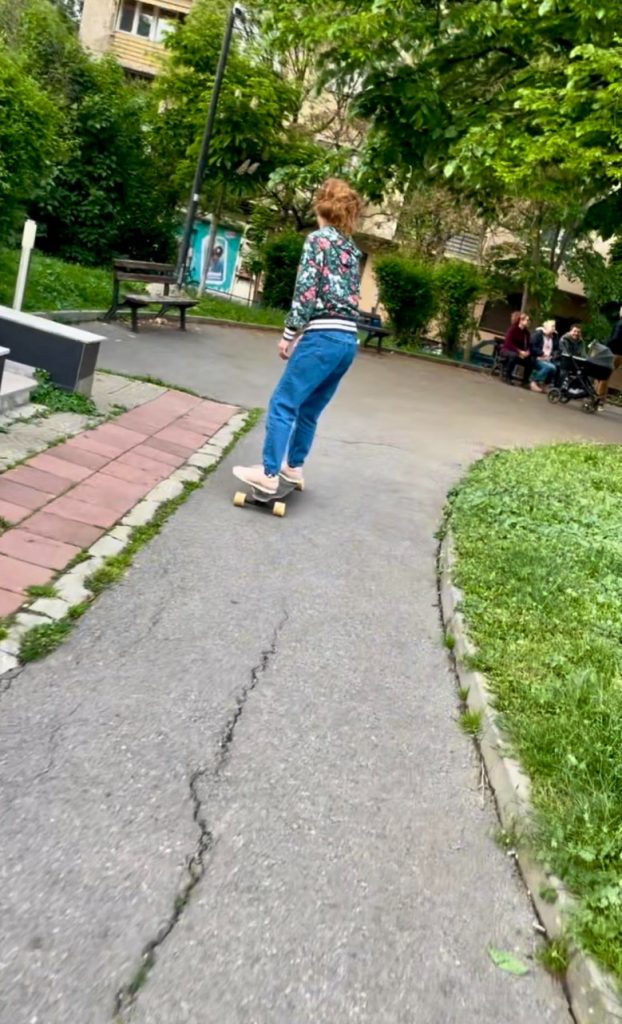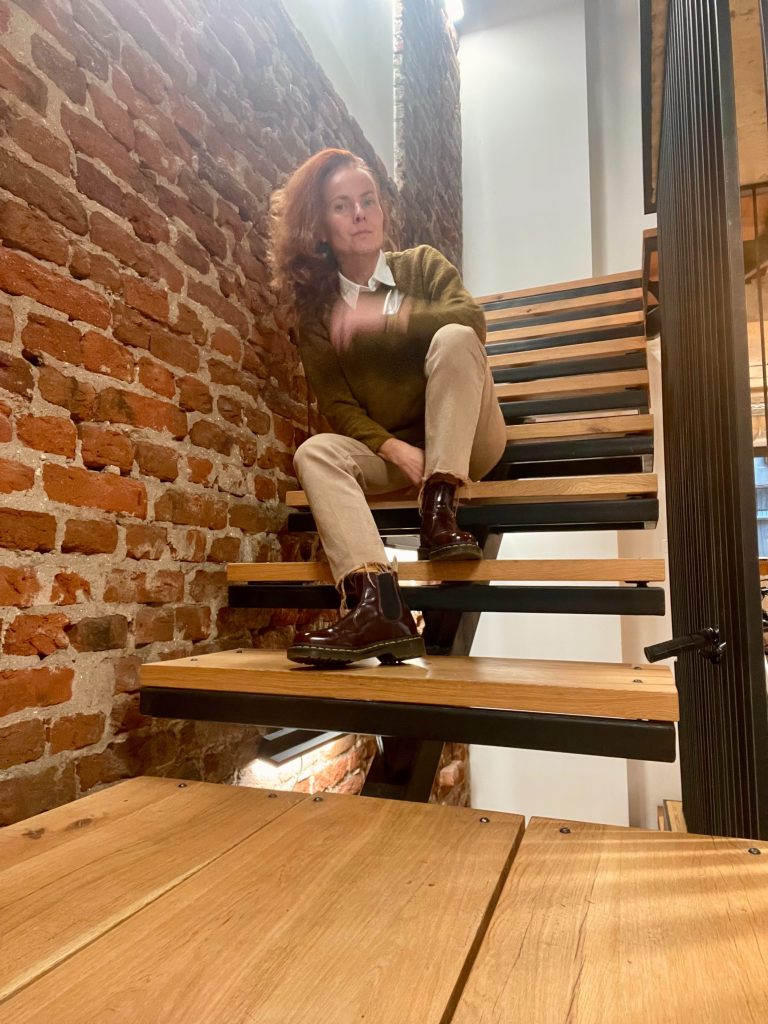What is Uncertainty?
I want to share how I deal with uncertainty because I see many people around me facing it daily. And no, I’m not coaching you or claiming that my perspective is the only correct one! I believe that by sharing our life experiences, we can support each other and begin to navigate life more easily.
We all know this feeling. Everyone has faced uncertainty at different moments in life. Maybe right now, you’re questioning your recent shoe purchase, wondering, “Did I make the right choice?” Even Shakespeare addressed this feeling in “Hamlet” when he posed the timeless question, “To be or not to be?”
Uncertainty arises when a situation lacks knowledge or predictability about the outcome. Various factors can trigger it. Let’s dive deeper into these factors!
What are the Most Common Factors Causing Uncertainty?
See if you can recognize any of these in your daily life experience.
Wrong or Incomplete Information

Nowadays, information serves as the strongest “weapon” in our hands. However, with so much available and countless resources at our disposal, we can easily get lost. Let’s consider a simple daily situation: your manager gives you a new task at work. You want to avoid looking incompetent, so you take on the task even though some aspects remain unclear. As a result, you start digging in, searching for information, and wasting time. You find yourself changing what you’ve already done and going back to square one, all while doubting the final result and what your manager actually expected from you.
Lack of clear information leaves us uncertain, and this uncertainty can impact various areas of our lives. It’s crucial to know how to gather the information you need and how to interpret it correctly. If you encounter something entirely new, you must upgrade your skills. Explore more resources, ask questions, read, analyze, and then make your choice.
Ambiguity

Ambiguity is another common feeling. There’s a saying that “the coin has two sides,” and this applies to many aspects of our daily lives. Some situations even have multiple interpretations. For example, during a job interview, when the interviewer asks, “What are your salary expectations?” we often feel unprepared. Despite our preparation, this question triggers an inner dialogue. We start calculating different numbers and questioning whether our response aligns with our worth. All this happens in an instant, and we might even blurt out a lower figure than we truly aim for because the question feels so unclear—after all, we can’t know exactly what the job entails.
This ambiguity creates anxiety, as candidates want to present themselves favorably without undervaluing their worth. Underselling ourselves might land us a job we desire, but later, we may find ourselves dissatisfied with the pay.
Regardless of the ambiguity we face, we must remain true to our goals. We’ve built these goals using the knowledge we’ve gained, so we need to trust ourselves. While we can’t predict every possible outcome, we can guide them in the direction we want, ensuring they work for us rather than against us.
Complexity

Many variables interact in unpredictable ways, leading to uncertainty about how things will unfold. This situation often arises in everyday life. To illustrate, let’s consider the beginning of a new relationship, where several complex factors can create uncertainty.
Communication plays a key role in relationships. We often express ourselves differently, which is normal. However, at the start, we might try too hard to impress our partner, leading to misunderstandings. For instance, if you propose an outing while your partner is preoccupied, their refusal might feel personal when they’re simply busy. Misinterpretations can spiral into unspoken expectations and blame, creating unnecessary drama.
Past experiences and cultural differences also contribute to this complexity. If both partners hold different goals and not discussing their feelings, they increase the uncertainty.
You can easily avoid confusion in relationships by communicating openly. Ask questions and share your feelings without letting past experiences or unrealistic expectations cloud your judgment. Embrace different goals as opportunities to build something greater together and view cultural differences as chances to learn through love and sharing. Navigating these complexities takes effort and patience but can transform relationships into a rich and rewarding journey.
Change

The world changes all the time. It has always been this way, and it will continue to be. We face changes in our lives due to various circumstances. Economic fluctuations, personal events, or global situations can create feelings of instability and uncertainty. Remember the lockdown? It disrupted our lives on a global scale. We all wondered how to navigate our “normal” lives during that uncertain time. It forced us to change how we lived, and while the situation was out of our control, we eventually learned to adapt. We even adopted positive practices from that period, like working remotely.
While we can’t control every situation, we can control how we adapt to change. This applies to the personal transitions in our lives as well. For instance, I recently changed jobs and still question whether this path aligns with my goals. Instead of letting uncertainty overwhelm me, I focus on exploring opportunities and shaping my adaptation process.
Adapting and learning from each change helps me navigate unexpected situations effectively.
How to cope with uncertainty?
Instead of a conclusion, I want to emphasize that we can’t predict the future. Some people might interpret signs based on ancient methods or their heightened intuition, but relying on clear foresight isn’t realistic. Uncertainty comes with the unknown, and I find it more beneficial to focus on the present instead of worrying about what lies ahead. While the future drives our current actions, what we can be certain of is ourselves and how we respond to circumstances beyond our control. Learning to cope with uncertainty is a vital skill that enhances our resilience and well-being.

